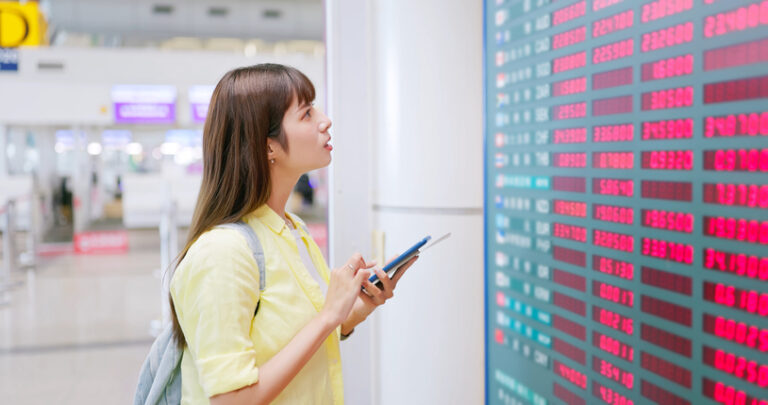Navigating currency exchange can be one of the trickier aspects of international travel. As someone who has hopped across continents and dealt with multiple currencies, I’m here to share some invaluable tips on currency exchange. This guide will help you save money, avoid common pitfalls, and become a smarter traveler when dealing with foreign currencies.
Understanding Exchange Rates
Know the Real Rate
Before exchanging any money, it’s crucial to understand the basics of exchange rates. Always check the current market rate (the “real” rate) for the currency you need. Websites like XE.com or financial news platforms offer real-time exchange rate information. This knowledge helps you identify fair deals and avoid overpaying.
Where to Exchange Currency
Avoiding High Fees and Poor Rates
- Banks and Credit Unions: Often, your local bank or credit union offers good exchange rates and lower fees than airport kiosks or tourist spots. I always check my bank’s rates and fees before I travel.
- ATMs Abroad: Using ATMs at your destination can provide access to local currency at near-market rates. However, be aware of potential fees both from the ATM and your own bank. I recommend using ATMs of reputable banks rather than those at convenience stores or unaffiliated locations.
- Credit Cards: Many credit cards offer good foreign exchange rates and may not charge foreign transaction fees. Always have a no-foreign-transaction-fee card handy for international travel.
Avoiding Common Traps
What to Watch Out For
- Dynamic Currency Conversion: Sometimes, merchants or ATMs will offer to charge you in your home currency. This might sound convenient but often involves poor exchange rates. Always opt to be charged in the local currency.
- Airport and Hotel Exchanges: While convenient, currency exchanges at airports and hotels typically offer less favorable rates and higher fees. I try to avoid these unless absolutely necessary.
Tips for Currency Exchange
Smart Strategies
- Exchange Some Currency Before You Leave: It’s a good idea to have a small amount of local currency before you arrive at your destination for immediate expenses like transportation.
- Use Local Currency for Small Transactions: For street vendors, local markets, and smaller establishments, having local cash is often essential.
- Keep Track of Receipts: When exchanging money, always keep your receipts until you leave the country, as some places require proof of exchange for converting back to your home currency.
Smart currency exchange is all about planning ahead, staying informed, and understanding your options. By being savvy about exchange rates and fees, you can save money and avoid stress on your international travels. Remember, the goal is to enjoy your journey without worrying about losing money in poor exchange deals.


Comments are closed.